Life inside notorious 'Alligator Alcatraz' in its final days
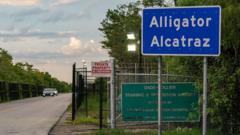






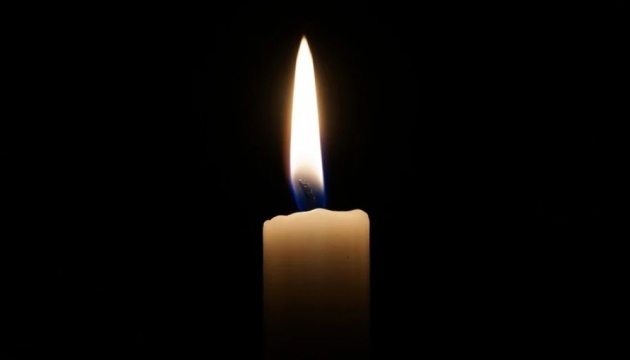




Police in Sudbury, Ont., say they are looking for additional suspects after a double homicide in the city on Friday.
The Greater Sudbury Police Service says officers were called to a building on Paris Street just before 10:30 p.m. on Friday after gunshots were heard.
The bodies of a man and a woman were located in the building.

© Gino Donato
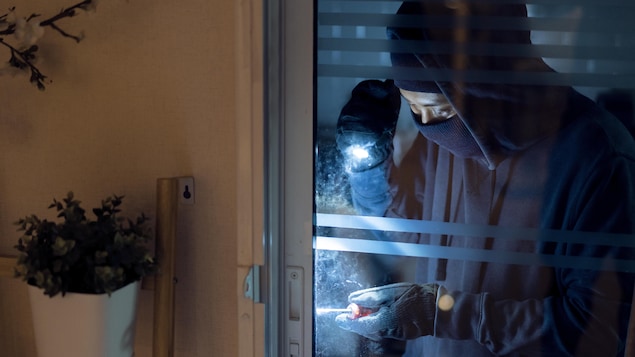
Le chef conservateur a proposé vendredi d'élargir la définition des actes « raisonnables ».

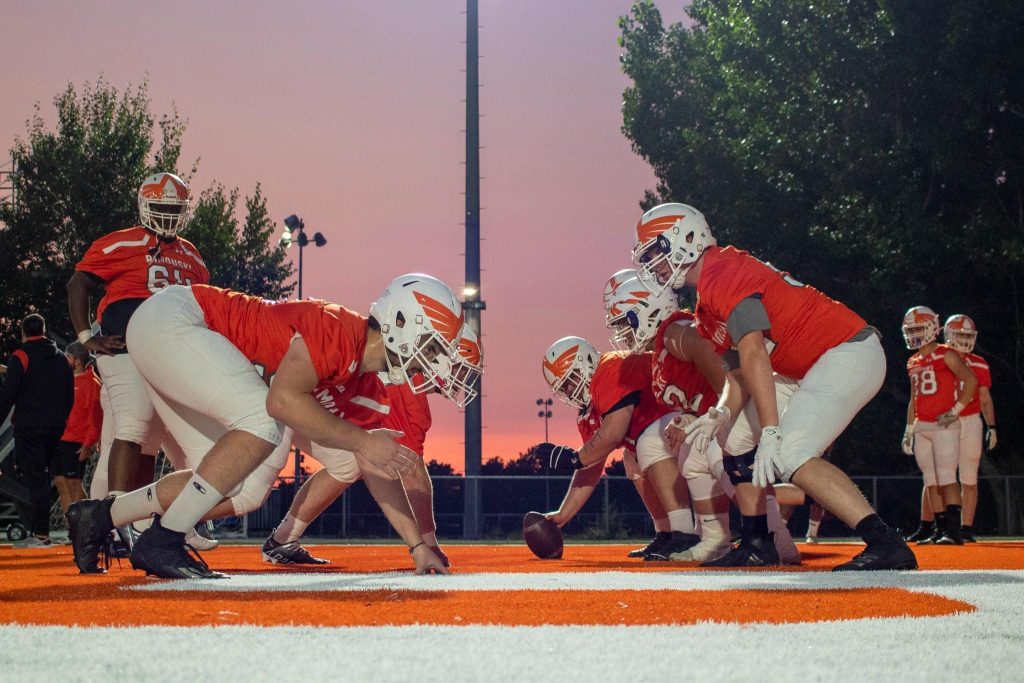

Les Pionniers de Rimouski entament leur saison 2025 devant les partisans, en ce samedi 30 août, en recevant les Gaulois de La Pocatière dans la Ligue de football collégial division 3 du Québec.
Tout au long de la saison, vous pouvez suivre toutes les rencontres des Pionniers sur le site du Soir.ca.
Après l’affrontement, René Alary vous proposera son résumé de l’action avec les commentaires de l’entraîneur-chef Louis-David Goulet.
Pour visionner l’affrontement en direct, cliquez sur le lien ci-haut.
Bon match!
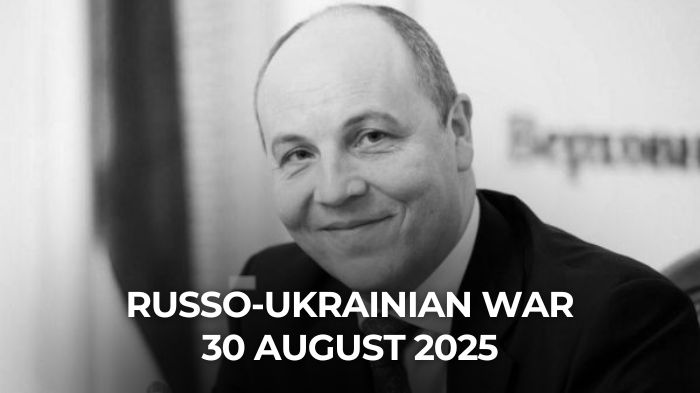

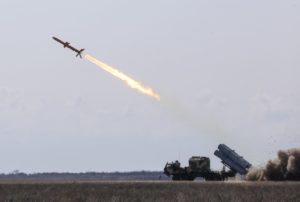 |
Ukraine’s missile crews are valuable targets now. Ukraine’s Neptunes and other long-range cruise missiles pose a growing threat. So Russia is targeting them on the ground. |
Ukraine strikes Russian underground chemical plant storing military explosives 1000+ km away. Ukraine’s Main Intelligence Directorate targeted the Aleksinsky Chemical Plant storing pyroxylin powder used in ammunition and artillery systems.
Frontline report: Ukrainian tanks destroy Russian infiltrators point-blank after river crossing near Lyman. Geolocated footage captured the entire sequence as thermal drones monitored a Ukrainian tank systematically destroying each building where Russians had taken shelter
Ukraine hits oil refineries in Krasnodar Krai and Samara Oblast – General Staff. Ukrainian drones struck oil refineries producing 11.5 mn tons annually in Russia’s Krasnodar Krai and Samara Oblast overnight, with one facility suffering a 300-square-meter fire
US approves possible sale of Patriot spare parts and Starlink services to Ukraine. Ukraine will receive $179.1 mn in Patriot air defense sustainment support, with an additional $150 mn authorized for Starlink satellite communications services.
Lithuanian forces install anti-tank “dragon teeth” barriers at Russian and Belarusian border crossings amid invasion threats. The Lithuanian initiative forms part of a broader regional strategy involving Latvia, Lithuania, Estonia, and Poland, aimed at reducing land invasion threats following Russia’s 2022 full-scale aggression in Ukraine.
Trump doubts on near-term Putin-Zelenskyy meeting despite his previous optimism to end war quickly. The US president once again compared Russo-Ukrainian war to playground children who “have to fight for a little bit before you can get them to stop.”
Trump eyes mercenaries for Ukraine as European allies demand American backing. American contractors would build fortifications and protect business interests under emerging peace framework.
German Navy inspector warns of growing Russian aggression. Russian units are showing “increased aggressiveness” through drone overflights, infiltration attempts, and sabotage efforts targeting German military infrastructure, the country’s navy inspector warned
Poland deports 15 Ukrainians citing “threats to public safety”. Poland expelled 15 Ukrainian citizens and banned them from re-entering the country for five to ten years following convictions for theft, robbery, drug possession.
Poland works to regulate status of Ukrainians as Polish president blocks protection extension. Nearly 1 mn Ukrainian citizens in Poland face potential legal uncertainty after President Karol Nawrocki blocked legislation extending their temporary protection
Estonia extradites Estonian Russian who helped Russia buy electronics to the United States. An Estonian national accused of operating a complex procurement network for Russian military interests was transferred to US custody this week
“No laws or morals in Russian army”: Ukrainian drones document alleged execution of unarmed civilian by Russian soldier near frontline Pokrovsk. Ukraine’s aerial reconnaissance captured the killing of an elderly man “clearly visible in civilian clothes and without weapons.”
Russia claims it only targets “military objects” in Ukraine. But recent Russian strike killed toddler born during war and her mom. Moscow’s assertion of targeting exclusively military and defense industry facilities in Ukraine contrasts with the death of civilians spanning ages from toddlers to elderly residents.
Zaporizhzhia blackout affects 25,000 residents after Russian strike. Power outages affected 25,000 subscribers in Zaporizhzhia following a Russian attack that killed one person and injured 28 others
Ukraine Parliament ex-speaker Parubiy shot dead in Lviv. Former Ukrainian Parliament Speaker Andriy Parubiy was shot and killed around midday on 30 Aug. in Lviv, with the assailant reportedly disguised as a delivery courier,
Read our earlier daily review here.

Les projets présentés lors des consultations régionales ne deviendront pas nécessairement des aires protégées.



© Omar Al-Qattaa/Agence France-Presse — Getty Images
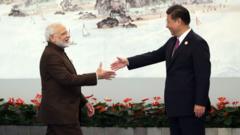

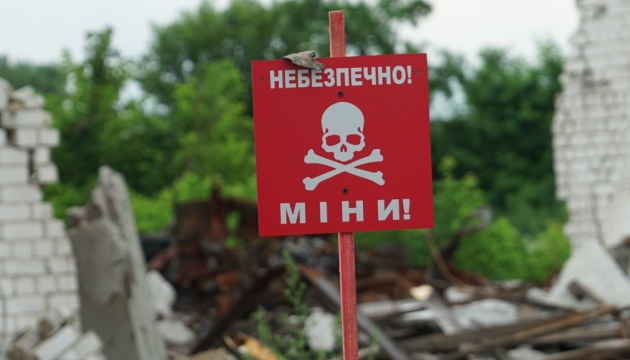



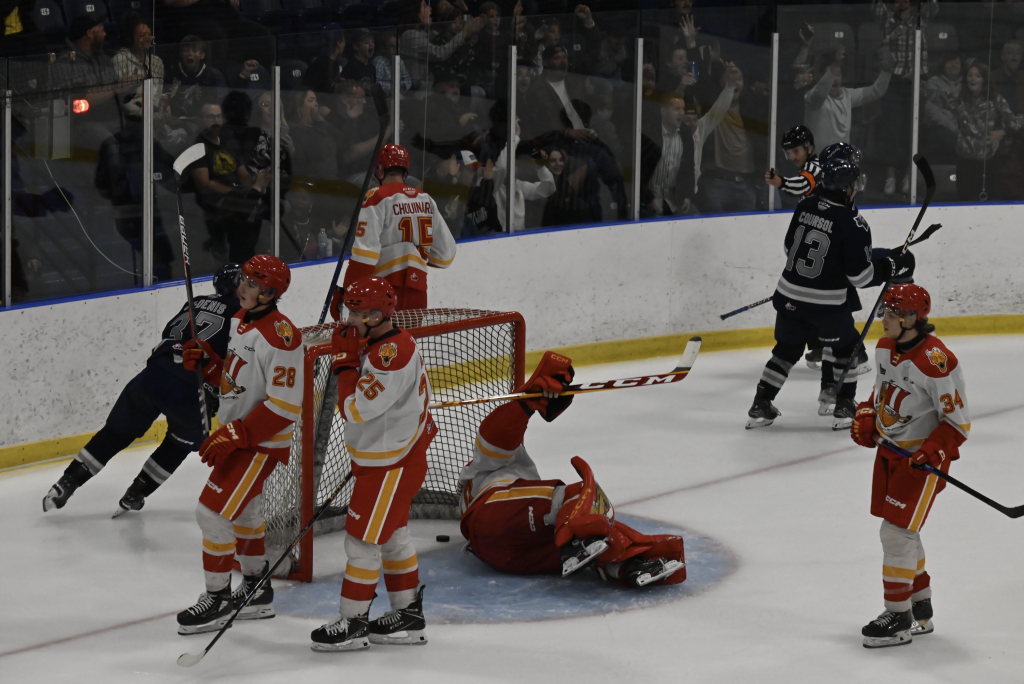

L’Océanic entame la fin de son calendrier présaison en s’amenant à Matane pour un avant-dernier match préparatoire, ce vendredi 5 septembre, contre le Drakkar de Baie-Comeau.
Joël Perrault confirme que l’alignement complet sera présent sur la glace, si aucun ennui ne survient d’ici là, à l’exception de Zack Arsenault qui demeure un cas incertain.
Le premier choix de l’Océanic au dernier repêchage soigne une blessure au haut du corps subie au début du camp d’entraînement, mais on confirme qu’il est sur la bonne voie pour faire un retour au jeu incessamment.
Perrault entend profiter du match préparatoire prévu au Colisée Béton Provincial pour consolider l’identité de sa formation sur laquelle son jeune groupe travaille depuis le début du camp.
« Le message a été très clair. Je veux qu’on soit une équipe intense et hargneuse et que ce soit difficile de jouer contre nous. On travaille sur l’éthique de travail et tous les petits détails qui s’acquièrent avec l’expérience », indique l’entraîneur-chef de l’Océanic.
L’affrontement contre le Drakkar permettra à l’état-major de confirmer ou de modifier certaines combinaisons. « On a beaucoup de talent dans notre alignement. Ce qu’il reste à faire maintenant est de trouver les bons jumelages, autant sur nos lignes d’attaque qu’à la défense. Je m’attends à voir certains jeunes s’imposer davantage comme des joueurs dominants alors qu’ils avaient un rôle plus secondaire l’an dernier ».
Perrault sait fort bien que ses joueurs qu’il dirigera cette année sont très différents de ceux de l’an dernier.
« On aspirait à remporter le championnat avec une équipe très mature. Des joueurs comme Maël St-Denis, Jacob Mathieu et Luke Coughlin ont laissé un bel héritage à nos jeunes. On va continuer de bâtir sur cette résilience. Je suis toutefois conscient qu’il faut faire preuve de patience avec nos jeunes joueurs« , estime le pilote rimouskois.

D’ailleurs, de nouvelles acquisitions comme Luke Patterson, Evan Dépatie et Émile Duquet devraient très bien se mêler aux jeunes qui étaient présents l’an dernier et qui ont vécu le parcours éliminatoire.
Le match contre Baie-Comeau sera intéressant à suivre, puisque la rivalité entre les deux équipes est toujours bien présente, même durant une rencontre préparatoire. Joël Perrault peut en témoigner à titre d’ancien du Drakkar.
« On les rencontre huit fois par année et ils sont bien dirigés. Les gens de Matane vont avoir droit à un beau match. C’est très important pour nous de jouer ailleurs au Bas-Saint-Laurent et en Gaspésie. On a été à Chandler, Paspébiac et Matane. Nous avons beaucoup de partisans partout dans la région et ils sont nombreux à venir nous encourager à Rimouski. C’est important pour nous de redonner à tous nos partisans. »
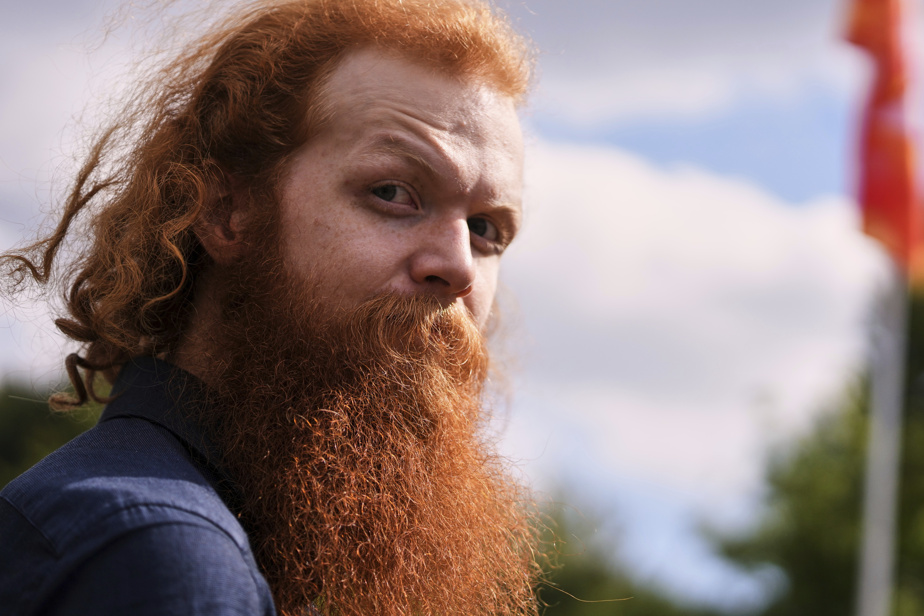

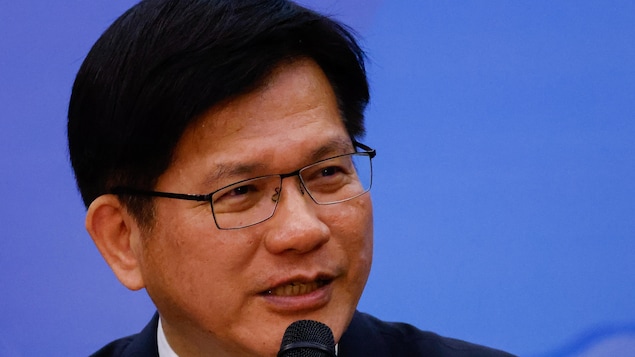
En vertu de la politique d'« une seule Chine », Manille ne reconnaît pas Taïwan comme un État souverain.

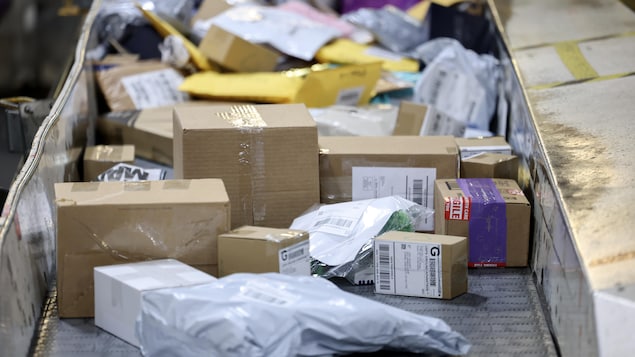
Les États-Unis mettent fin à l'exemption de frais de douanes sur les commandes de 800 dollars et moins.

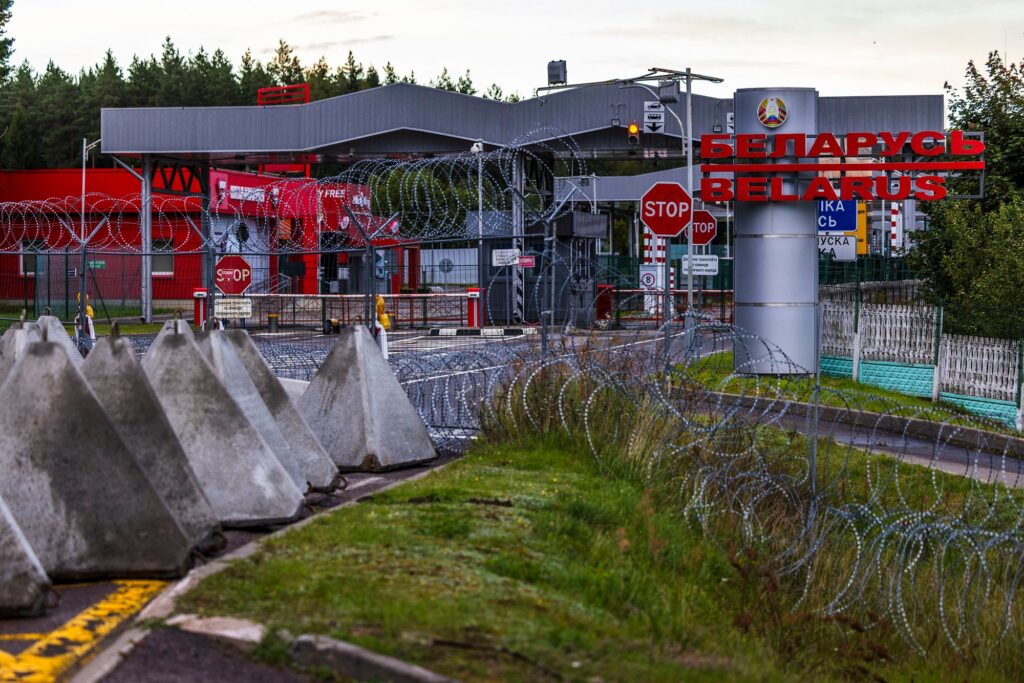

Lithuanian military forces have positioned concrete anti-tank obstacles known as “dragon’s teeth” at several border control points with Russia and Belarus as part of planned defensive measures.
The barriers were installed on roads at unused border crossing points, while at operational checkpoints the obstacles were placed in accessible locations nearby for rapid deployment when needed, according to Lithuanian news agency LRT, citing an announcement from the Lithuanian army.
The military stated that no modifications were made to existing road infrastructure, ensuring that current traffic conditions remain unaffected for residents.
“The installed barriers are only part of a large integrated picture,” said Lithuanian Armed Forces Commander General Raimundas Vaikšnoras. “We start from the tactical level — specific obstacles at the border — and then we will combine the entire engineering scenario into one conceptual system.”
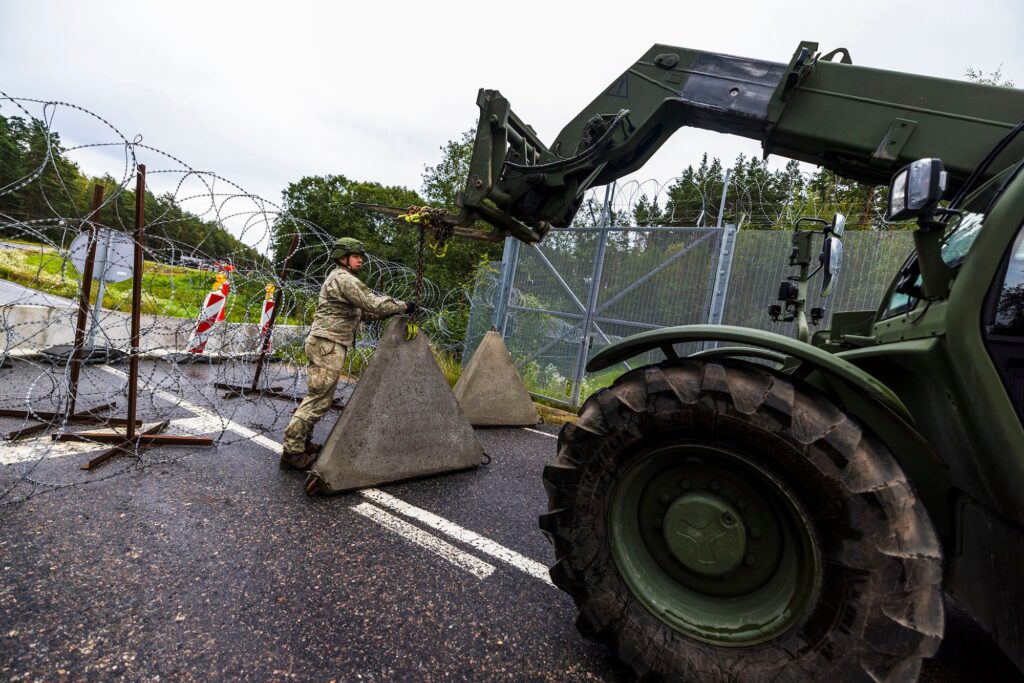
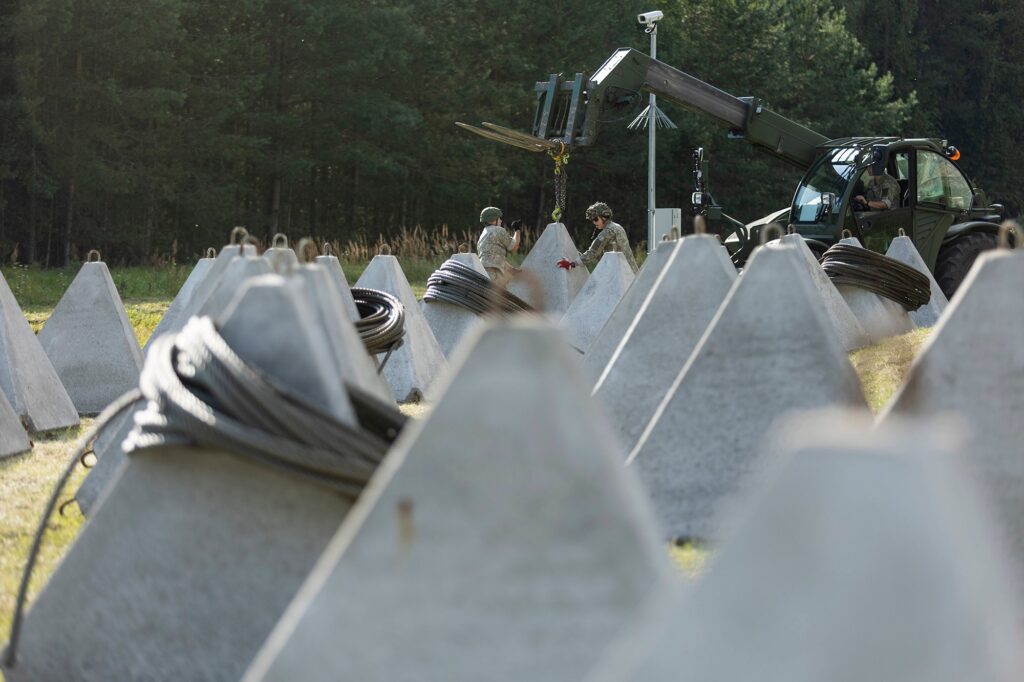
Lithuanian military officials characterized the work as part of a scheduled implementation of counter-mobility measures designed for the planned Baltic Defense Line. This initiative represents a coordinated long-term strategy involving all Baltic states [Lithuania, Latvia, Estonia] and Poland aimed at reducing land invasion threats and limiting potential hostile actions on territory.
Lithuania’s relations with Russia deteriorated sharply following Russia’s full-scale invasion of Ukraine in 2022. The country condemned the invasion, expelled Russian diplomats, closed the Russian consulate in Klaipėda, and imposed sanctions on Russia. Lithuania also temporarily blocked Russian cargo transit to an exclave of Kaliningrad and ceased purchasing Russian gas entirely.
Recently, Lithuania has also withdrawn from the Ottawa Convention banning anti-personnel landmines and plans to begin domestic production next year. Deputy Defense Minister Karolis Aleksa indicated the country will spend hundreds of millions of euros to produce tens of thousands of mines for defensive purposes, with plans to supply both Lithuania and Ukraine.
The country joins Finland and other Eastern European NATO members in exiting the treaty due to security concerns about Russia, which never signed the agreement. Officials stated the mines will be stored for rapid deployment if threatened rather than creating peacetime minefields.


© Pool photo by Alexander Zemlianichenko
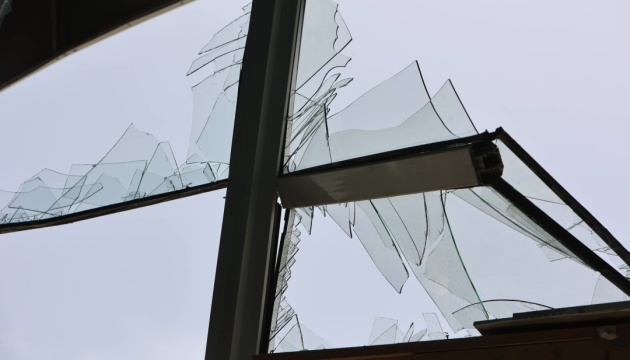

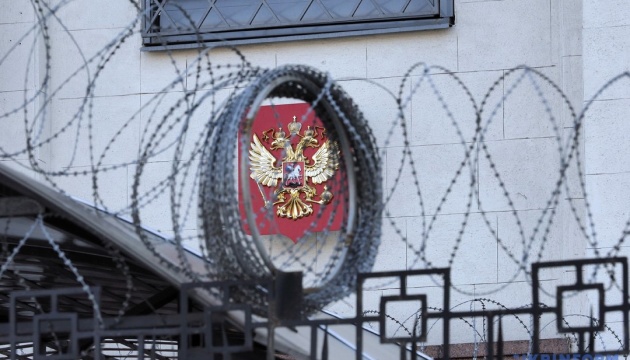

/2025/08/30/roux-68b364e01fa72482707734.jpg)
/2025/08/30/roux-68b364e01fa72482707734.jpg)
/2025/08/30/blackcab-68b36067e6eb2372508839.jpg)
/2025/08/30/blackcab-68b36067e6eb2372508839.jpg)
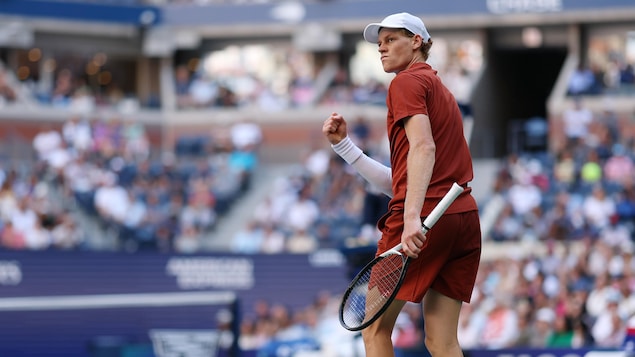
Le Canadien a remporté la manche initiale, puis a perdu les trois suivantes face au no 1 mondial.

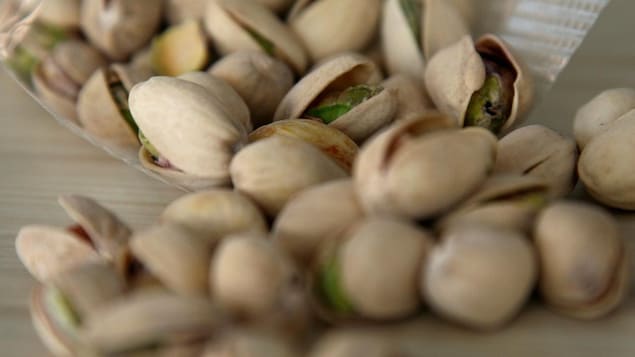
Quatre nouveaux produits font l'objet d'un rappel.



La Fondation du Cégep de Rimouski dévoile sa nouvelle image de marque et lance sa campagne annuelle 2025-2026, dont sa Loterie-Voyage.
La nouvelle identité visuelle s’accompagne d’un site web repensé, d’une présence renforcée sur les réseaux sociaux et d’un nouveau podcast mensuel, qui donnera la parole à des étudiants, partenaires et membres de la communauté.
L’objectif de la campagne annuelle a été fixé à 140 000$.
Les fonds amassés permettront d’agir sur le soutien alimentaire et de produits essentiels, la santé mentale et le bien-être, l’engagement sportif, culturel, communautaire et académique ainsi que les bourses et soutien à la réussite aux élèves.
Fière de son succès des dernières années, la Loterie-Voyages 2025-2026 a débuté le 25 août. Au total, 4 500 billets seront en circulation au coût de 20$/chacun et le tirage aura lieu le 23 février 2026.
Cette activité permet de verser une ristourne de plus de 60% des ventes aux personnes étudiantes du Cégep de Rimouski.
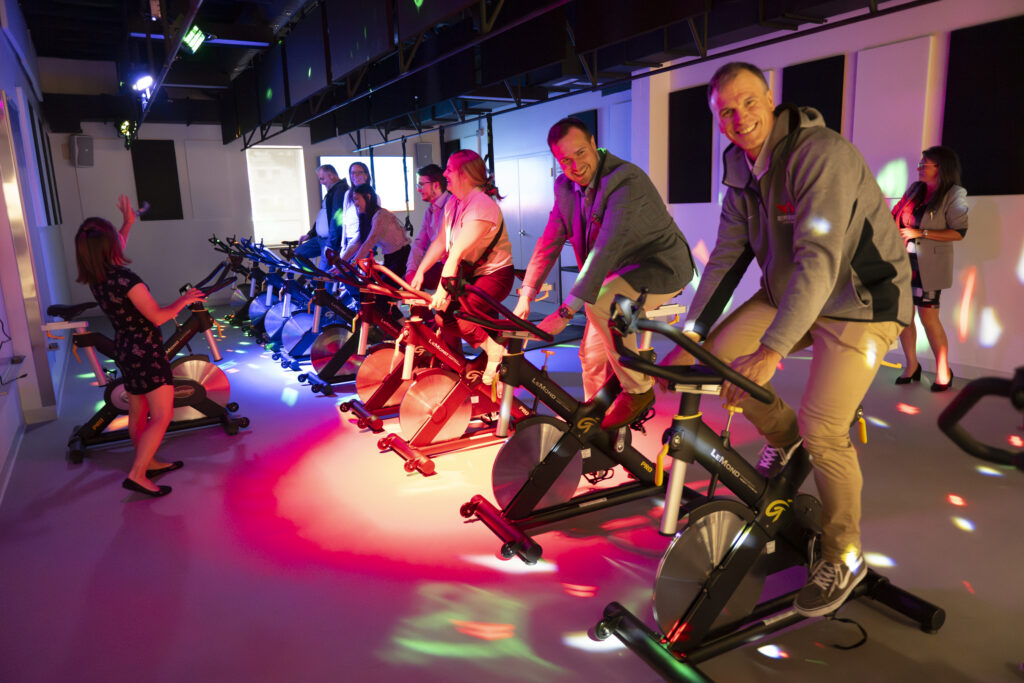
À gagner, quatre crédits-voyage de 4 000$ chacun, chez notre partenaire Club voyages Inter-Monde. Les billets sont en vente auprès des étudiants et à la Fondation.
» Chaque don devient bien plus qu’un geste financier. Il peut changer un parcours de vie « , souligne coordonnatrice de la Fondation, Hélène Desaulniers.
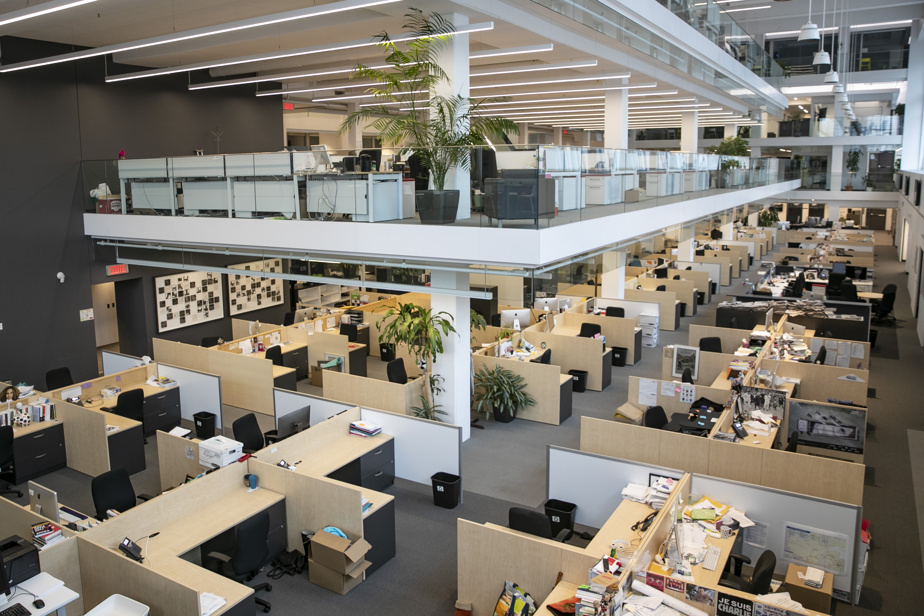





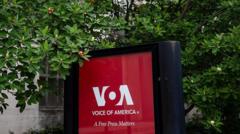





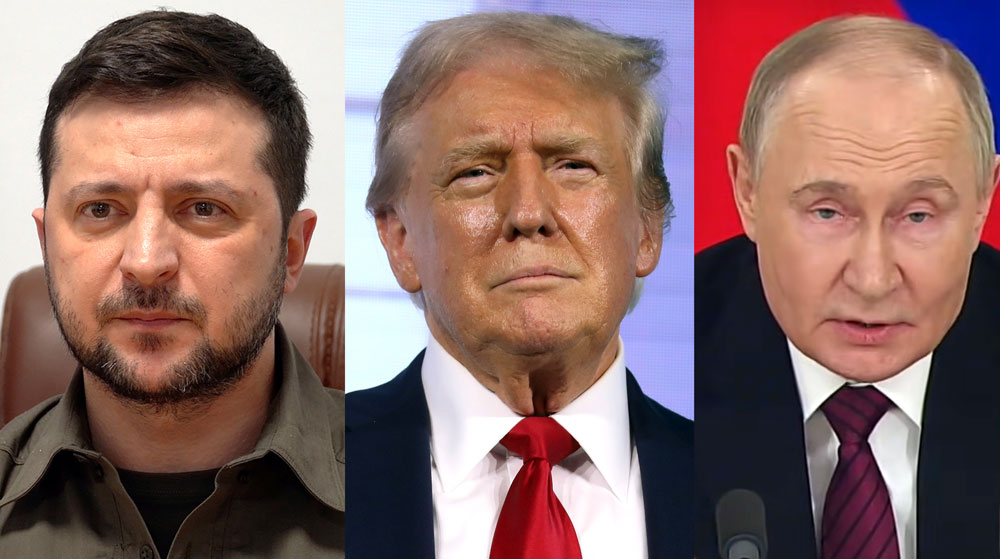

President Trump doesn’t think Putin and Zelenskyy will sit down together anytime soon. The two leaders aren’t ready, he told the Daily Caller in a 29 August interview.
When asked whether trilateral negotiations involving himself, Zelensky, and Putin would proceed, Trump indicated that timing remains uncertain.
“Sometimes people are not ready for this,” the president stated, according to the Daily Caller report.
Trump employed his previous analogy comparing the two leaders to children in conflict, describing them as figures who “hate each other” on a playground, swinging and fighting until exhaustion forces them to stop.
“Sometimes they have to fight a little before you can make them stop. But this has been going on for a long time. A lot of people are dead,” Trump said.
This marks a shift from Trump’s earlier confidence. After meeting Putin in Alaska on 15 August, he “really thought” the war could end quickly. Not anymore. Ukraine and Russia may need to “fight a little more” first.
Earlier, Trump rated his three-hour meeting with Putin in Alaska a perfect 10 out of 10, despite no deal being reached to end the Russo-Ukrainian war. He emphasized that the meeting went well personally, saying, “We got along great,” but acknowledged that not all issues were settled and there was no agreement on reaching peace anytime soon.
The president also ruled out American boots on Ukrainian soil as part of any peace deal. But he outlined a different kind of commitment—possible air support to help end the fighting.
He noted that European forces would handle most operations, with American assistance.
European officials are actively working on plans to deploy British and French troops to Ukraine as part of security guarantees following any ceasefire, known as the “Coalition of the willing,” with about ten countries ready to participate.
The European plan involves two stages: initially, European troops would be stationed away from frontlines to train Ukrainian forces and provide reinforcements, acting as military advisors rather than a symbolic presence.
Next, the US would contribute intelligence sharing, border monitoring, additional weapons, and possibly air defense systems, continuing to supply military aid through European partners even without direct American troop deployment.
Zelenskyy previously rejected Trump’s playground metaphor with sharp words:
Putin is “a killer who came to this park to kill children.”
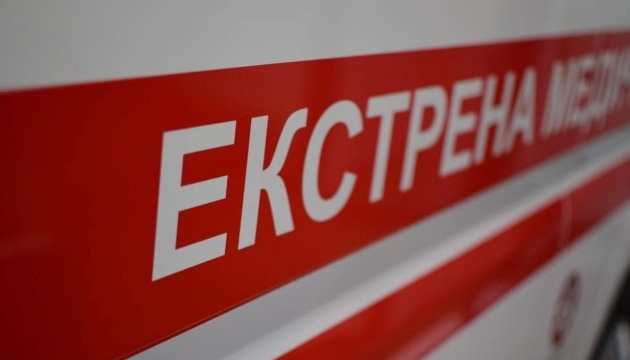

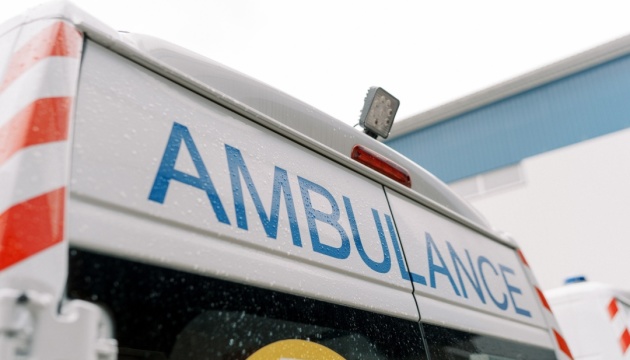

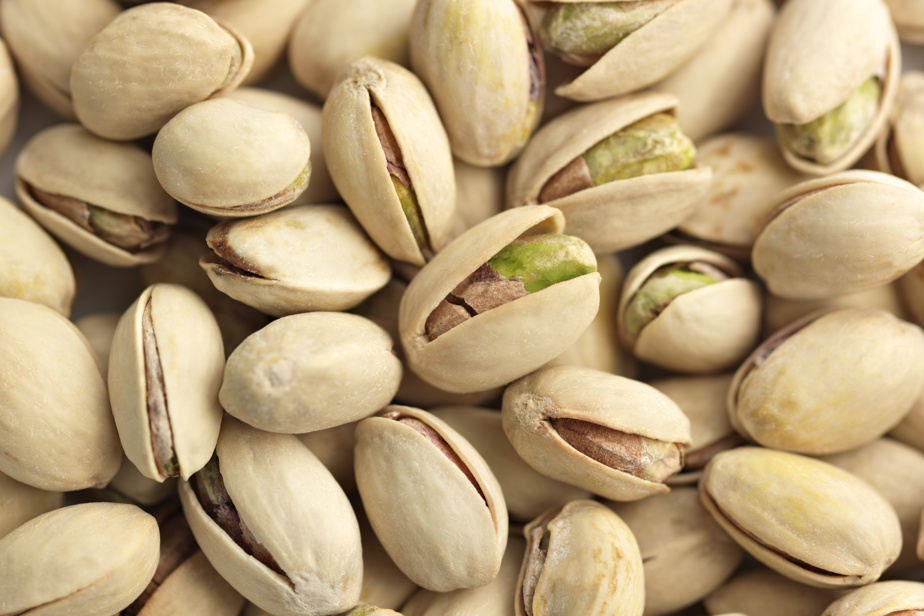





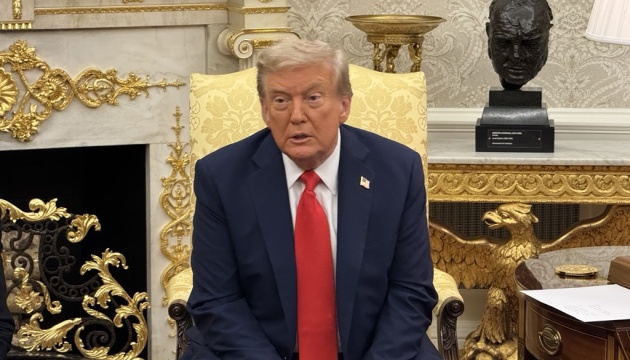



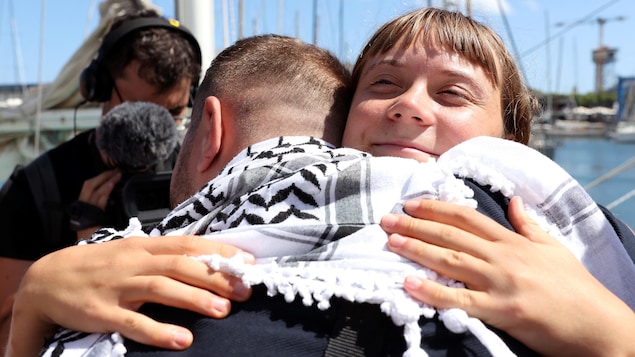
La mission Global Sumud Flotilla est qualifiée de mobilisation « historique » par l'activiste Greta Thunberg qui y participera.

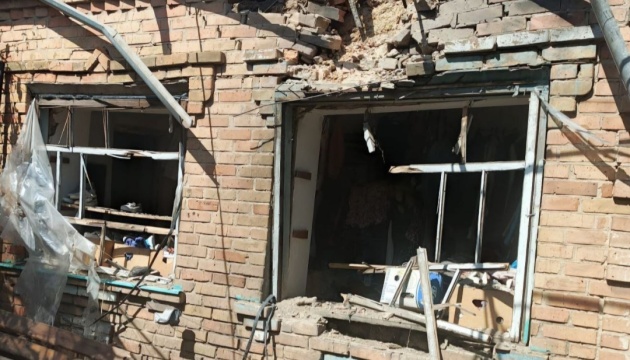

/2025/08/30/068-aa-06052025-2216969-1-68b347e6caac1792527392.jpg)
/2025/08/30/068-aa-06052025-2216969-1-68b347e6caac1792527392.jpg)